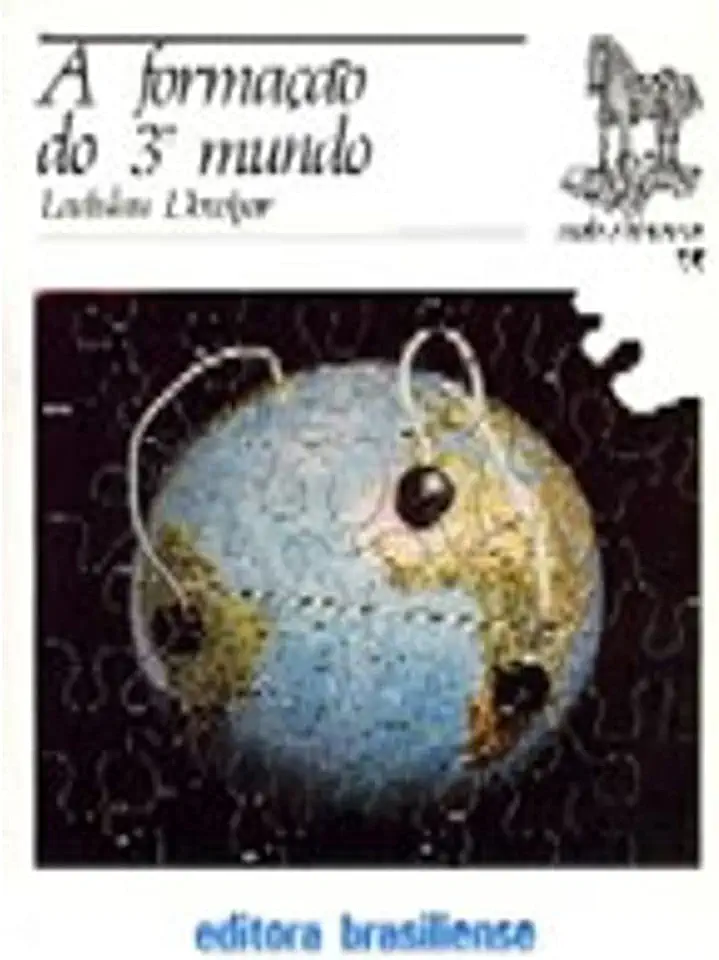
The Formation of the Third World - Ladislau Dowbor
The Formation of the Third World: A Critical Look at the Causes of Underdevelopment
Introduction
In his seminal work, "The Formation of the Third World," Ladislau Dowbor provides a comprehensive and critical analysis of the historical, economic, and political factors that have contributed to the underdevelopment of the Third World. Dowbor argues that the Third World is not a natural or inevitable phenomenon, but rather the product of a long and complex process of exploitation and domination by the developed countries of the West.
Historical Roots of Underdevelopment
Dowbor begins by examining the historical roots of underdevelopment, tracing the origins of the Third World back to the colonial era. He argues that colonialism was not simply a matter of political control, but also a system of economic exploitation that drained the resources of the colonies and impoverished their populations. The colonial powers used their superior military and technological power to extract raw materials from the colonies and to force the local populations to work in mines, plantations, and other industries. This process of exploitation left the colonies with weak and underdeveloped economies, which were unable to compete with the industrialized countries of the West.
The Role of Capitalism
Dowbor also argues that capitalism has played a major role in the underdevelopment of the Third World. He argues that the capitalist system is inherently exploitative, and that it creates a widening gap between the rich and the poor. In the Third World, this gap is particularly pronounced, as the majority of the population lives in poverty while a small elite enjoys a disproportionate share of the wealth.
The Impact of Globalization
Dowbor also examines the impact of globalization on the Third World. He argues that globalization has intensified the exploitation of the Third World by the developed countries. The developed countries have used their control over the global economy to impose unfair trade policies and to extract even more resources from the Third World. This has led to a further decline in the living standards of the people of the Third World.
The Need for a New Development Model
Dowbor concludes by arguing that the current model of development is unsustainable and that it is necessary to adopt a new development model that is based on social justice and equality. He calls for a redistribution of wealth, a reduction in the power of the transnational corporations, and a greater emphasis on sustainable development.
Conclusion
"The Formation of the Third World" is a powerful and provocative book that provides a critical analysis of the causes of underdevelopment. Dowbor's work is essential reading for anyone who wants to understand the complex issues facing the Third World today.
Why You Should Read This Book
"The Formation of the Third World" is a must-read for anyone who is interested in the global economy and the challenges facing the developing world. Dowbor's analysis is clear, concise, and well-supported by evidence. He provides a unique perspective on the causes of underdevelopment and offers a compelling argument for a new development model.
If you are looking for a book that will challenge your thinking about the global economy, then I highly recommend "The Formation of the Third World." It is a book that will stay with you long after you have finished reading it.
Enjoyed the summary? Discover all the details and take your reading to the next level — [click here to view the book on Amazon!]